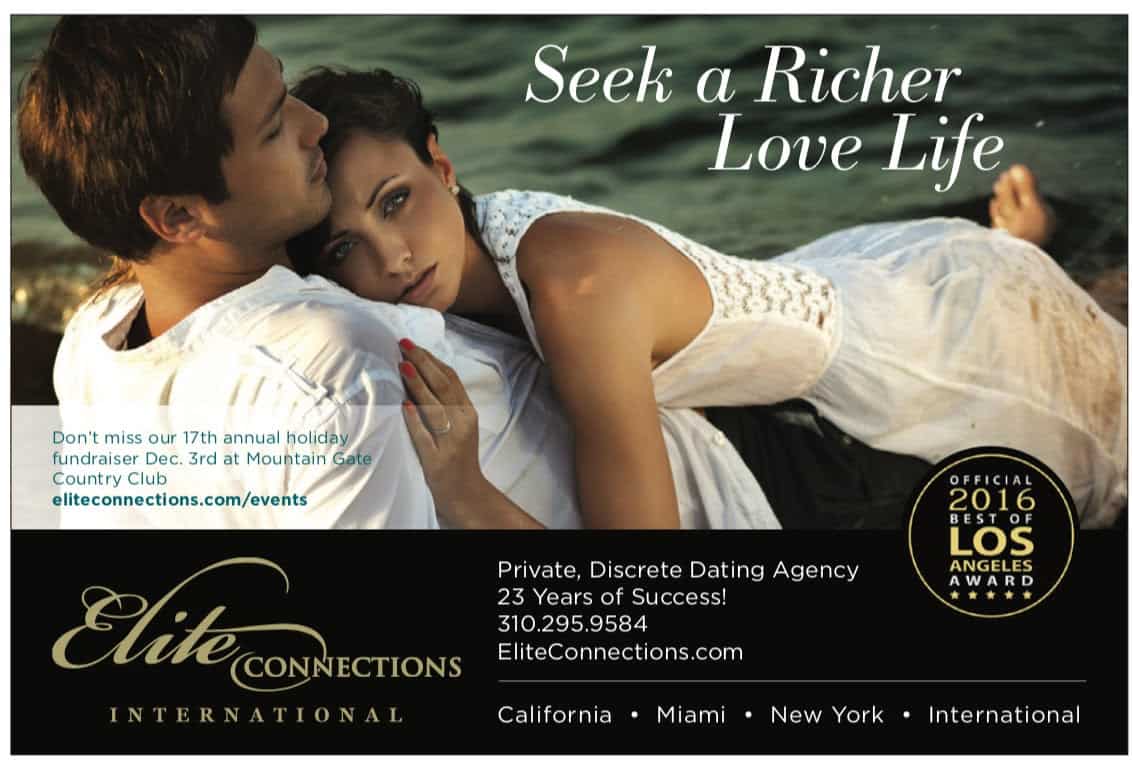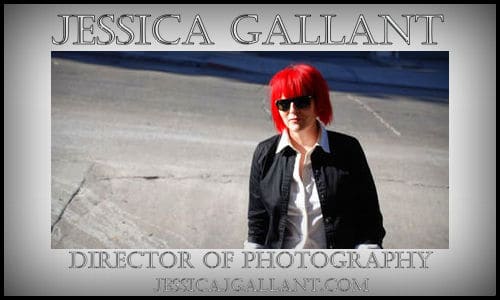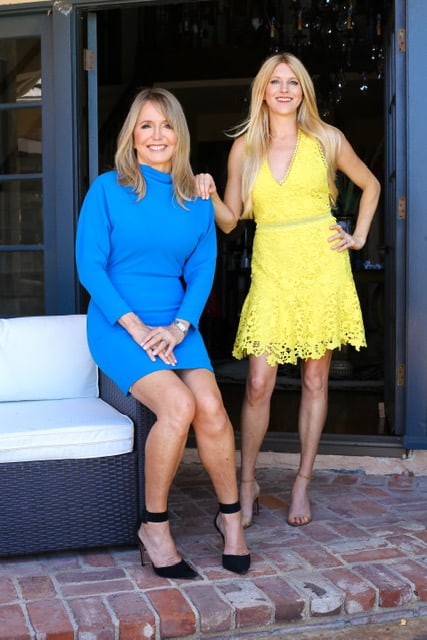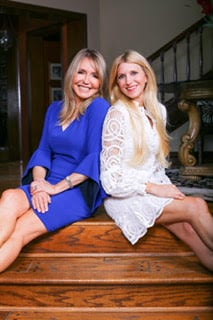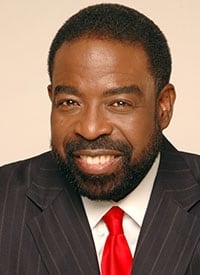By Moira Cue
Florence Scovel Shinn, born in 1870, was a metaphysical author best-known for her 1925 book, The Game of Life and How to Play It. While some of the language and ideas no longer resonate, her work deserves attention for those interested in the Law of Attraction and in particular, those who are both spiritual and ambitious.
One of Ms. Shinn’s most interesting statements is “Fear is only inverted faith: it is faith in evil instead of good.” This is one of the most powerful statements I have ever heard about fear, or faith. We live in a world that shows us many ways in which evil is real and powerful. There are many unsavory things, and they won’t go away by me choosing to dwell on them or not.
But what do we believe about good and evil? I recently read a book about cognitive bias that contained the whopping over-generalization that evil is more powerful than good. Hollywood movies used to have good guys and bad guys that could be clearly distinguished, but now a protagonist likely to be deeply morally ambiguous, pathologically neurotic, and/or in the process of transforming from a protagonist to antagonist. Perhaps it’s more realistic to think that even a hero has flaws, but if we cannot imagine people who both do good and are healthy, than what hope do we have of ever living healthy lives where we do good things? Who are our role models?
Florence Scovel Shinn teaches that there is only one power, rather than two, and that power is God. This is a difficult idea to grasp. She believes that each of us was once a part of the infinite intelligence (that some call God) but that our own “vain imaginings,” or separation from the Divine, are the root of evil. And that separation begins with fear. In the Christian tradition, God is the creator of heaven and earth, but the devil, Lucifer, is a fallen angel. He became the devil by separating himself from God.
You don’t have to be Christian, or even a deist or disciple of any organization or teacher, to believe in good. Some people believe that religion is mostly metaphors, while others believe that various religious scriptures are the literal and singular Truth with a capital T. Most all religions talk about love, and how we are supposed to love each other. Some religions talk about how we are supposed to love not only humans, but to show compassion and gentleness for all living beings. But how many of us have had experience with religion or ideology that caused us to feel guilt, shame, and fear, instead of love? How many of us have used religion or ideology to judge others as less worthy than ourselves?
Finally, how many of us believe that good is stronger than evil? On one hand, a person could say that a question as broad and general as “Which is stronger, good or evil?” is impossible to answer. And many of us haven’t given it much conscious thought. Some of us are sensitive to all the times that history has shown evil triumph over good. But I would argue that most of us either believe that good is stronger than evil or that evil is stronger than good, that we can consciously change that belief, and that just having a belief that good is stronger than evil will make the world a better place.
When you are afraid, you are expressing a belief in evil. When you have faith, you open the door to the possibility that there is something or someone that is bigger and stronger than you and your separation from the source of infinite love and abundance. When you invite that something into your life, through faith, whatever that wonderful thing is, it can heal you and make you whole again.



